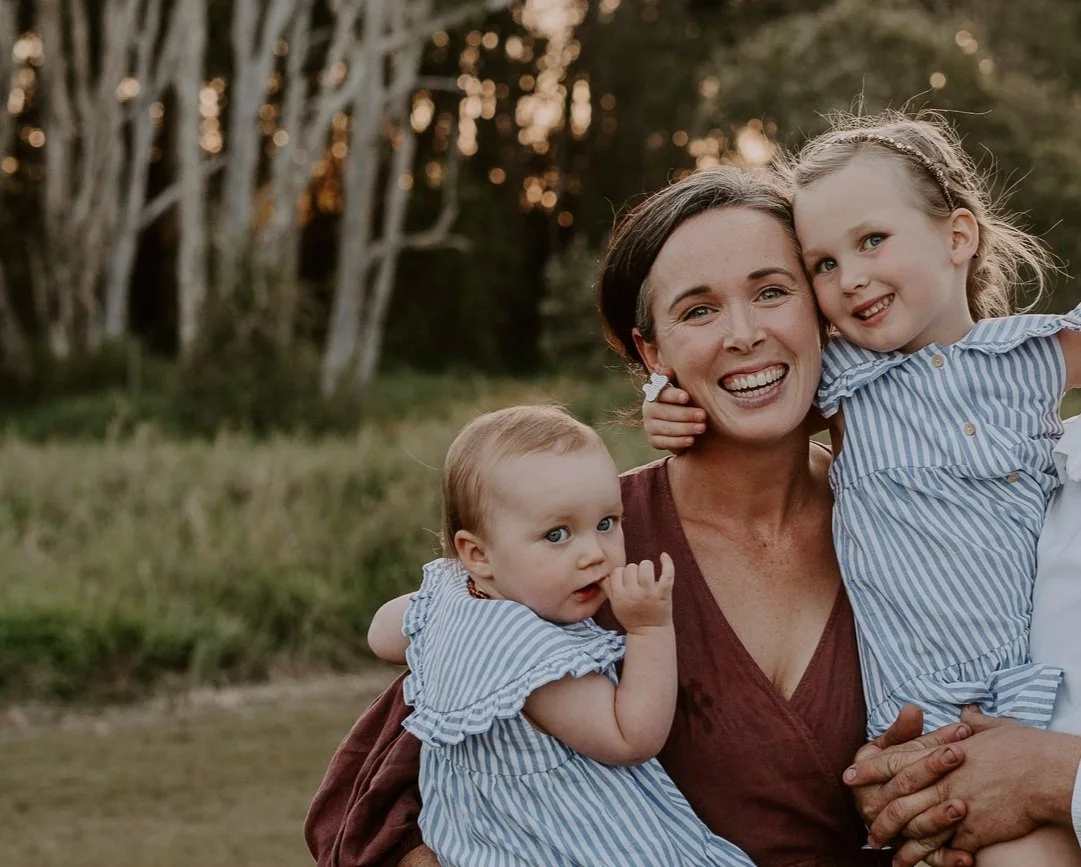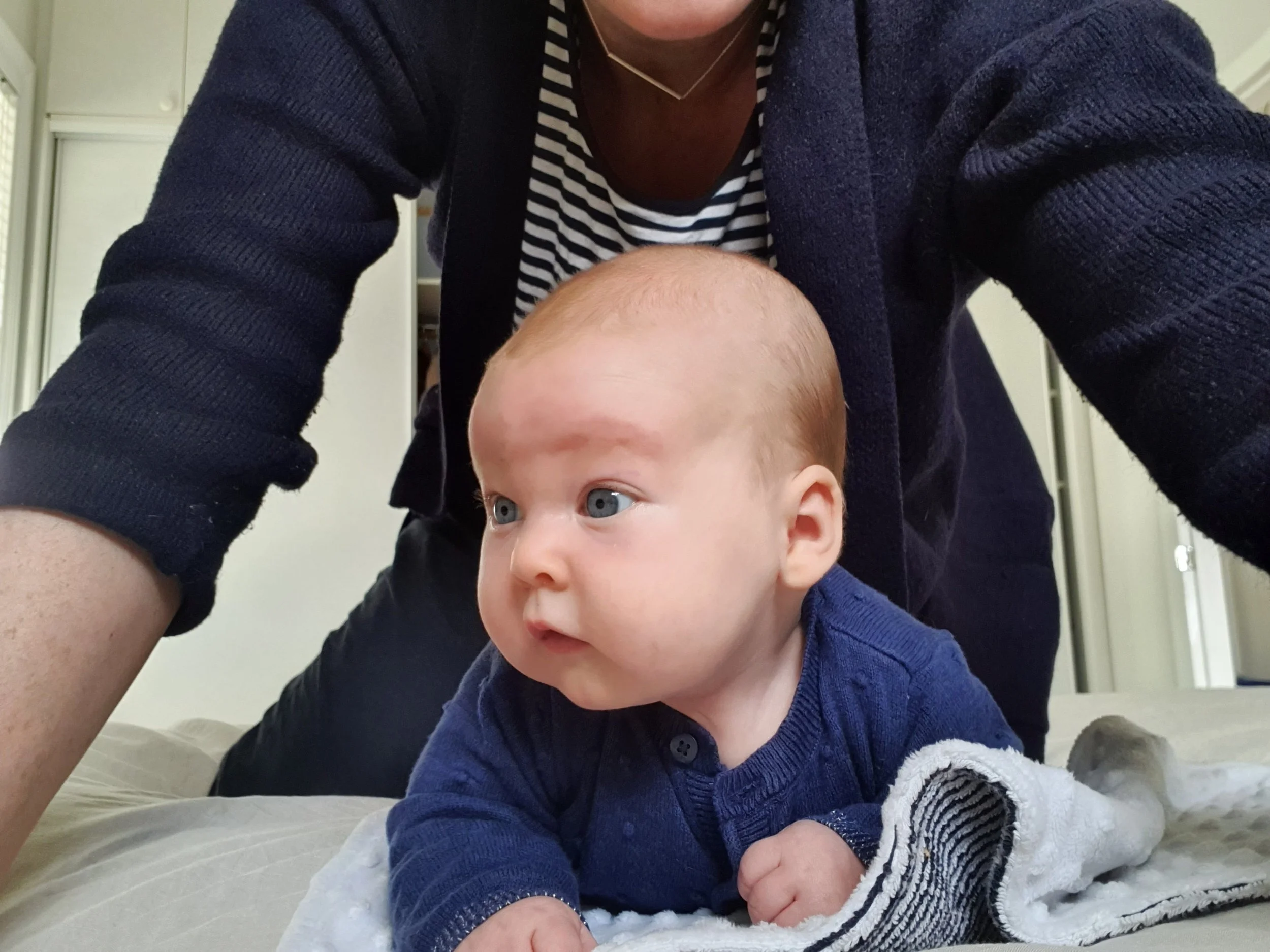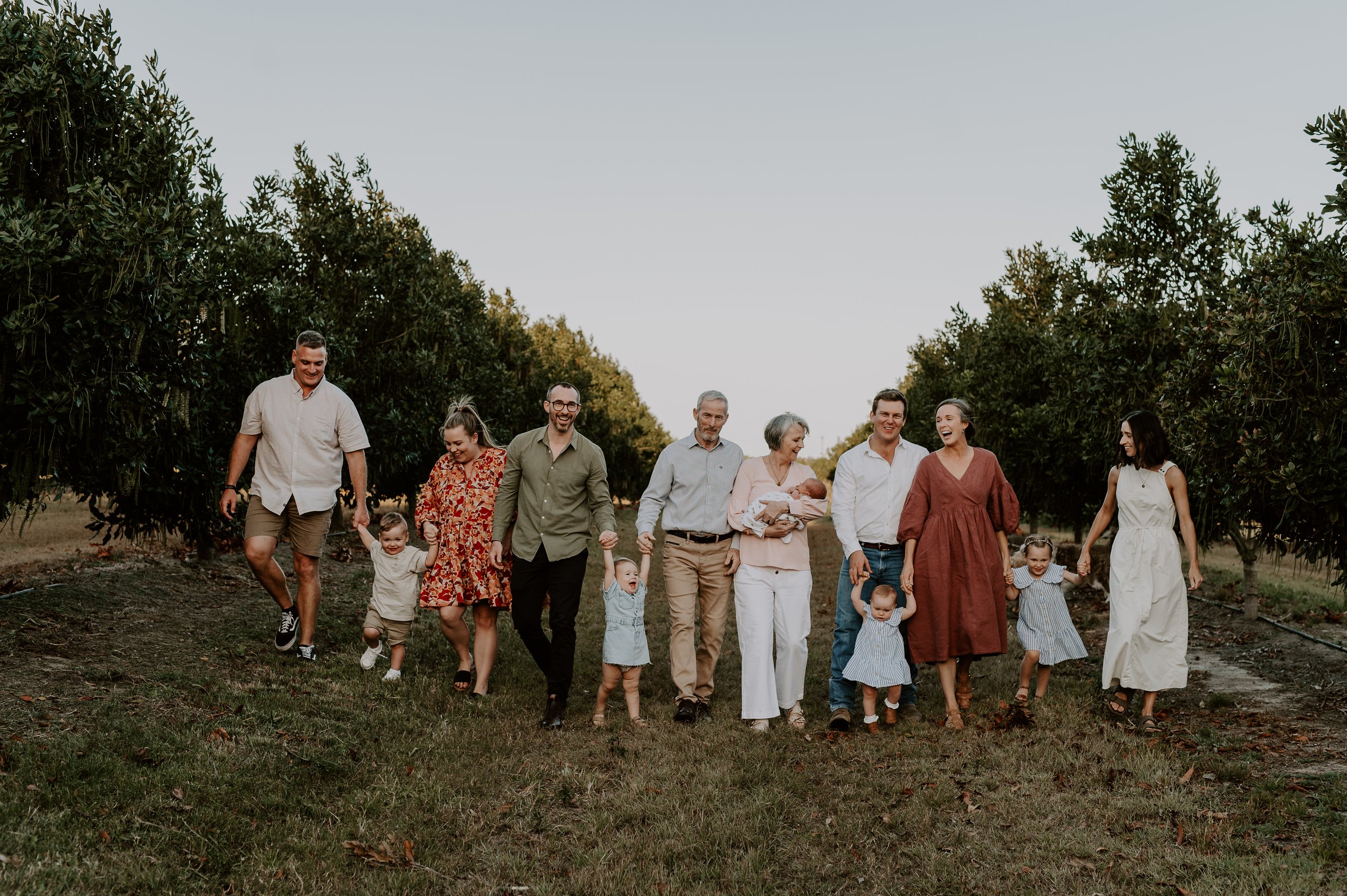
Heartfelt intervention with purpose.
Experienced early intervention
Early intervention is the process of delivering specialised support and services for infants, young children and their families during a period of significant brain development. This period lays the foundation for all future development.
Bloom Therapies Bundaberg are experienced in providing relationship-focused, play-based occupational therapy services with a focus on achieving developmental milestones, connection and engagement, independence, quality of life and above all, love and joy for children and their families.
A meaningful approach
Bloom Therapies Bundaberg know the importance of working actively with families during these early years.
We value working collaboratively with families while supporting them to nurture their child and meet their child’s unique needs.
We also acknowledge the importance of working collaboratively with the multidisciplinary team and the support network that wrap around each family.

7 key principles of early childhood intervention.
One. Infants and toddlers learn best through every day experiences and interactions with familiar people in familiar contexts.
Two. All families, with the necessary supports and resources, can enhance their children’s learning and development.
Three. The primary role of the service provider in early intervention is to work with and support the family members and caregivers in a child’s life.
Four. The early intervention process, from initial contacts through to transition, must be dynamic and individualised to reflect the child and family members preferences, learning styles and cultural beliefs.
Five. Individual Family Service Plan outcomes must be functional and based on children’s and family’s needs and priorities.
Six. The family’s priorities, needs and interests are addressed most appropriately by a primary provider who represents and receives team and community support.
Seven. Interventions with young children and family members must be based on explicit principles, validated practices, best available research and relevant laws and regulations (WPPNE, 2008).
National Guidelines for Best Practice in Early Childhood Intervention
Meet Our Clinician
My name is Kerryn Norris.
An Occupational Therapist, a mother, a partner, an aunty, a friend, with an interest in holistic health and wellbeing. These are some of my primary occupations - I weave my Occupational Therapy values into my daily life, which supports me to be the best wife, mother, woman and therapist that I can be. You just cannot underestimate the role of meaningful occupations, connecting with others, participating in activities that spark joy, and connecting with your creativity, the outdoors and your senses.
I truly believe that babies and young children have so much to share and teach us, and it is up to us to determine how to best tune in to them and support them to grow into the incredible people they are here to be.
I aspire to always be a learner and a teacher. I have gained so much valuable knowledge working in many different settings throughout my career and am passionate about supporting families in the way that they are ready to be supported. I believe no one approach is the best option and integrate my knowledge and skills to work in a way that meets the current needs.
Above all, I believe that the quality of the relationship and participation are the key ingredients to great therapeutic progress. It is so important to ensure that I am the right fit for you and your family as a foundation of intervention.
Continuing Professional Development & Training
Relationship-Based Early Intervention for young Children with Developmental Delays
The Action is in the Interaction – The Developmental, Individual and Relationship Based Model (DIR/Floortime)
Evidence-based Care of Mothers and Babies (0-6 months)
The Occupational Therapists Role in Breastfeeding
Sensory Processing and Self-Regulation for Infants
Infant and Early Childhood Mental Health in Child Protection
NDT: Understanding Normal Movement for Paediatric Therapists
Movement Lesson: Tummy Time, Head and Vision, Rolling Over, Breathing, Constipation, Sitting, Crawling
Retained Neonatal Reflexes
SOS Feeding: ‘Picky Eaters Vs Problem Feeders’
Paediatric Feeding (Division of Responsibility)
Bladder Dysfunction Workshop and Conquering Wees and Poos
Developing Effective Pretend Play Skills in Children
Assistive Technology for Kids: 24 Hour Positioning
Bathing and Showering in Sitting or Lying
Securely Seated in a Vehicle and Vehicle Mods 101
Working Systemically with Stakeholders
Palliative Approach to End of Life Care
Working More Effectively with People with ‘Poor’ Motivation
Theraplay: Level 1 and Marschak Interaction Method (MIM) and Group Therapy
The Neurobiology of Trauma
LiveTalks: SAFE PLACE, Developmental Trauma Disorder and SMART Model, Trauma and SPD, Treating Sensory Modulation and Defensiveness
Sensory-Attachment Intervention for Occupational Therapist
Key Skills in Family Therapy and Single Session Training
Dyadic Developmental Psychotherapy (DDP) and Practice Level 1
Certified Animal Assisted Therapy Human-Canine Team
Fundamentals of Hand Therapy – Australian Hand Therapy Association





